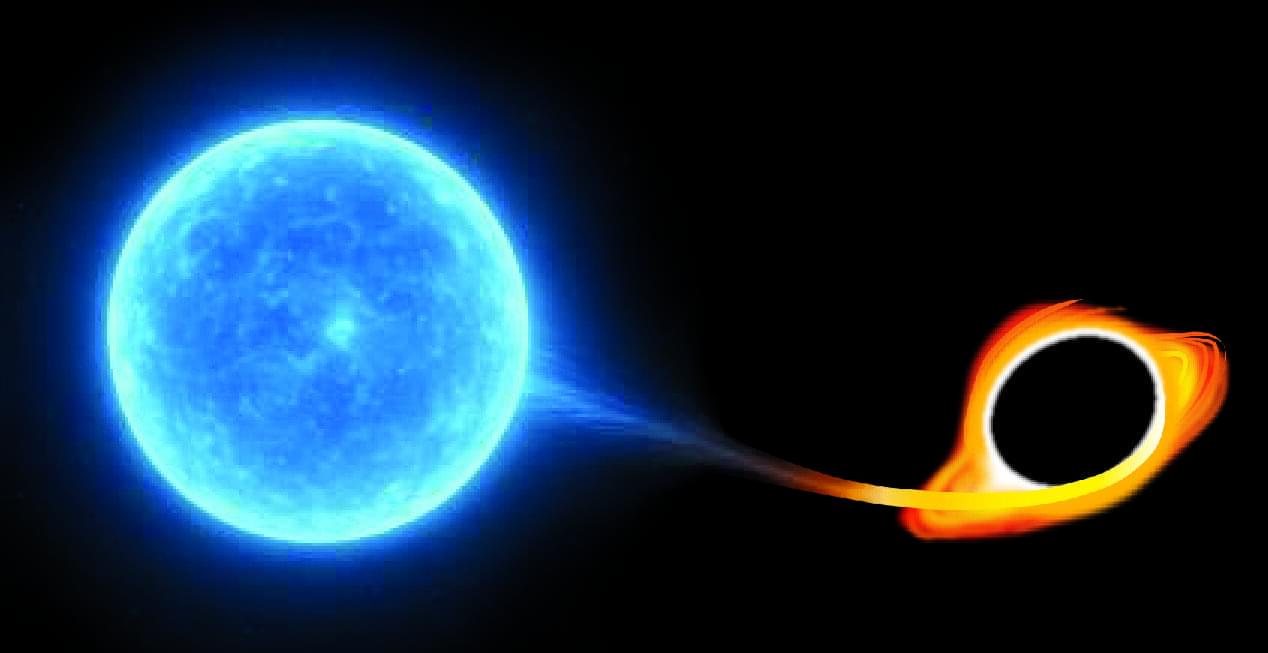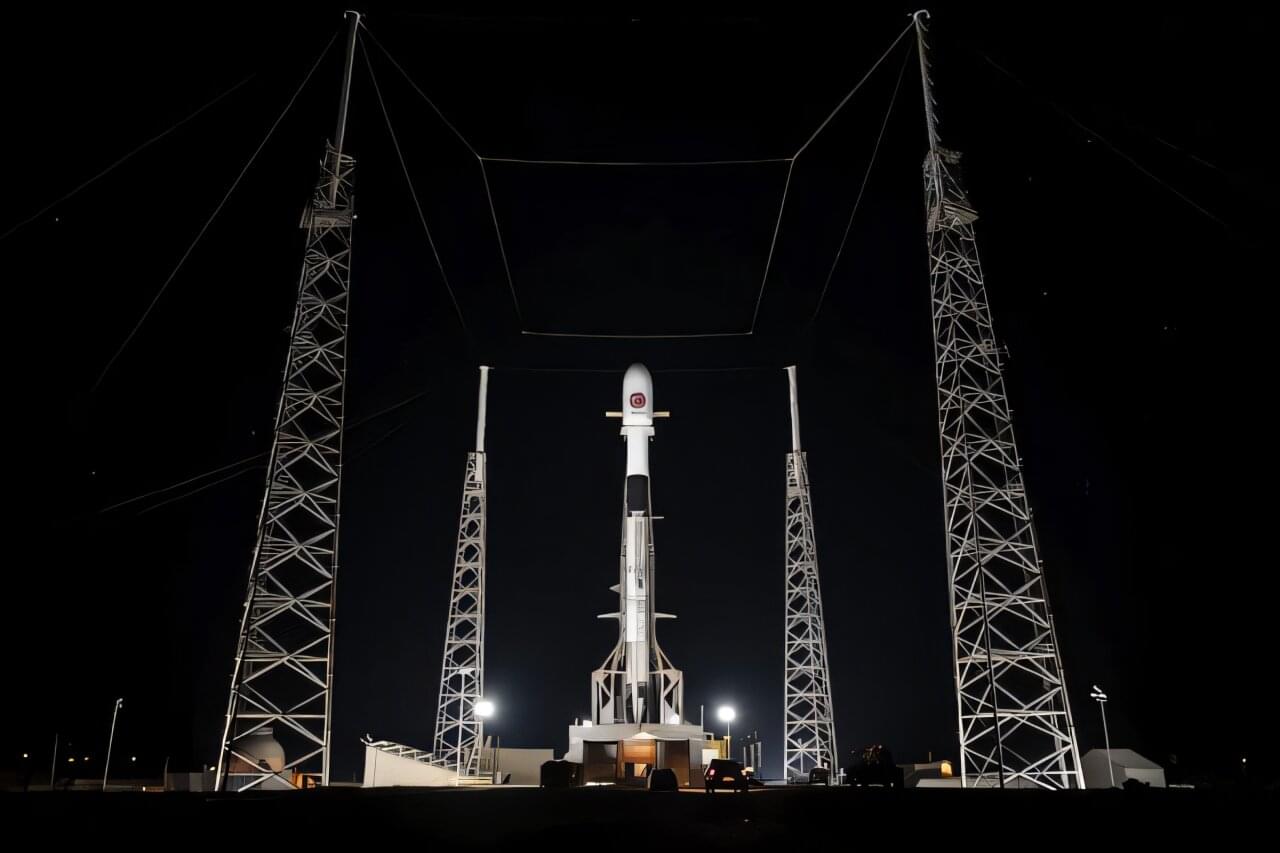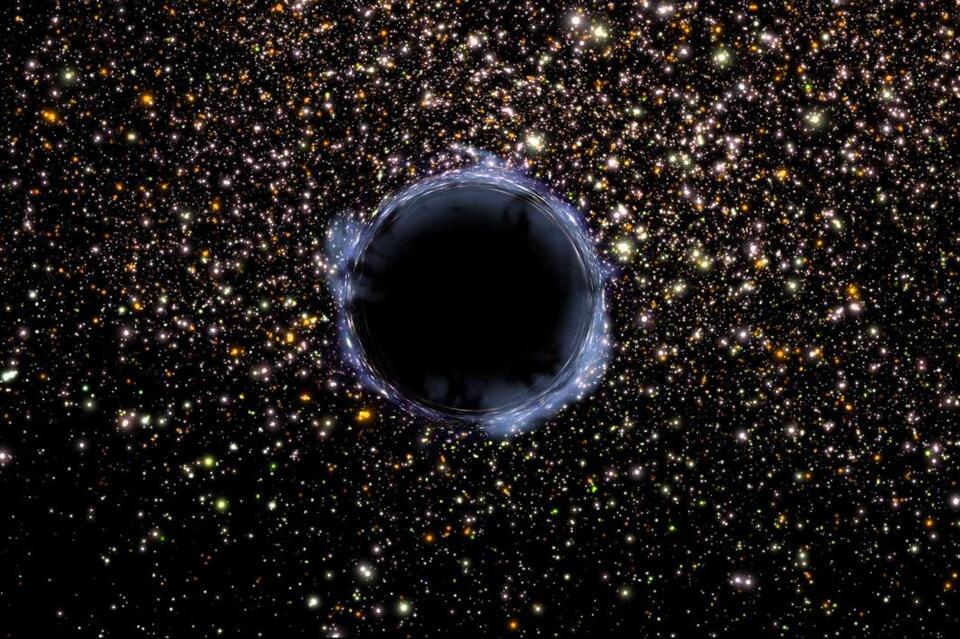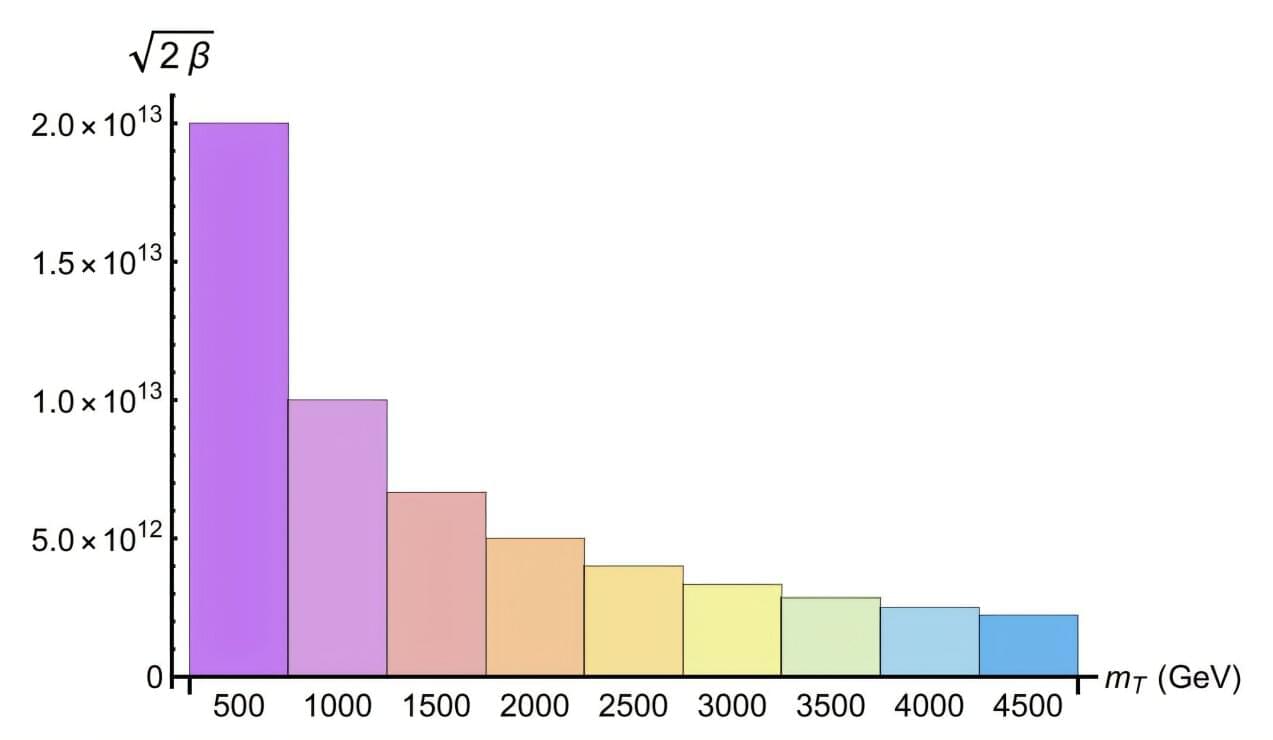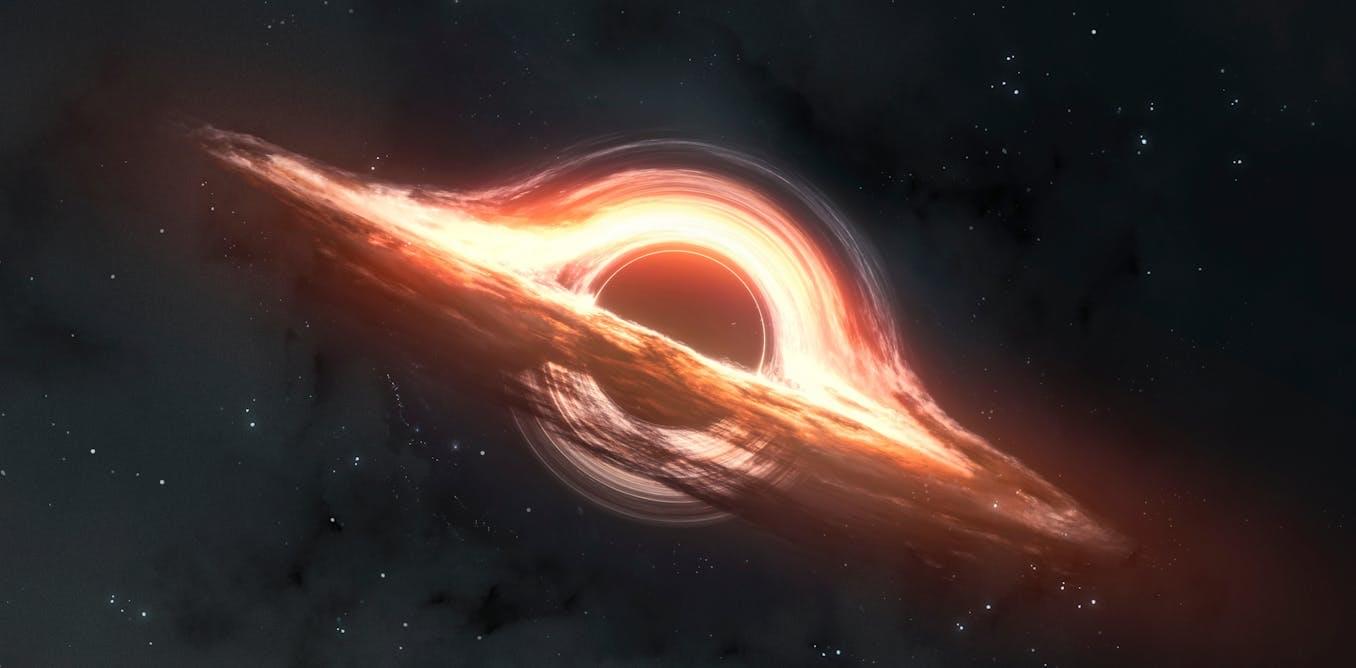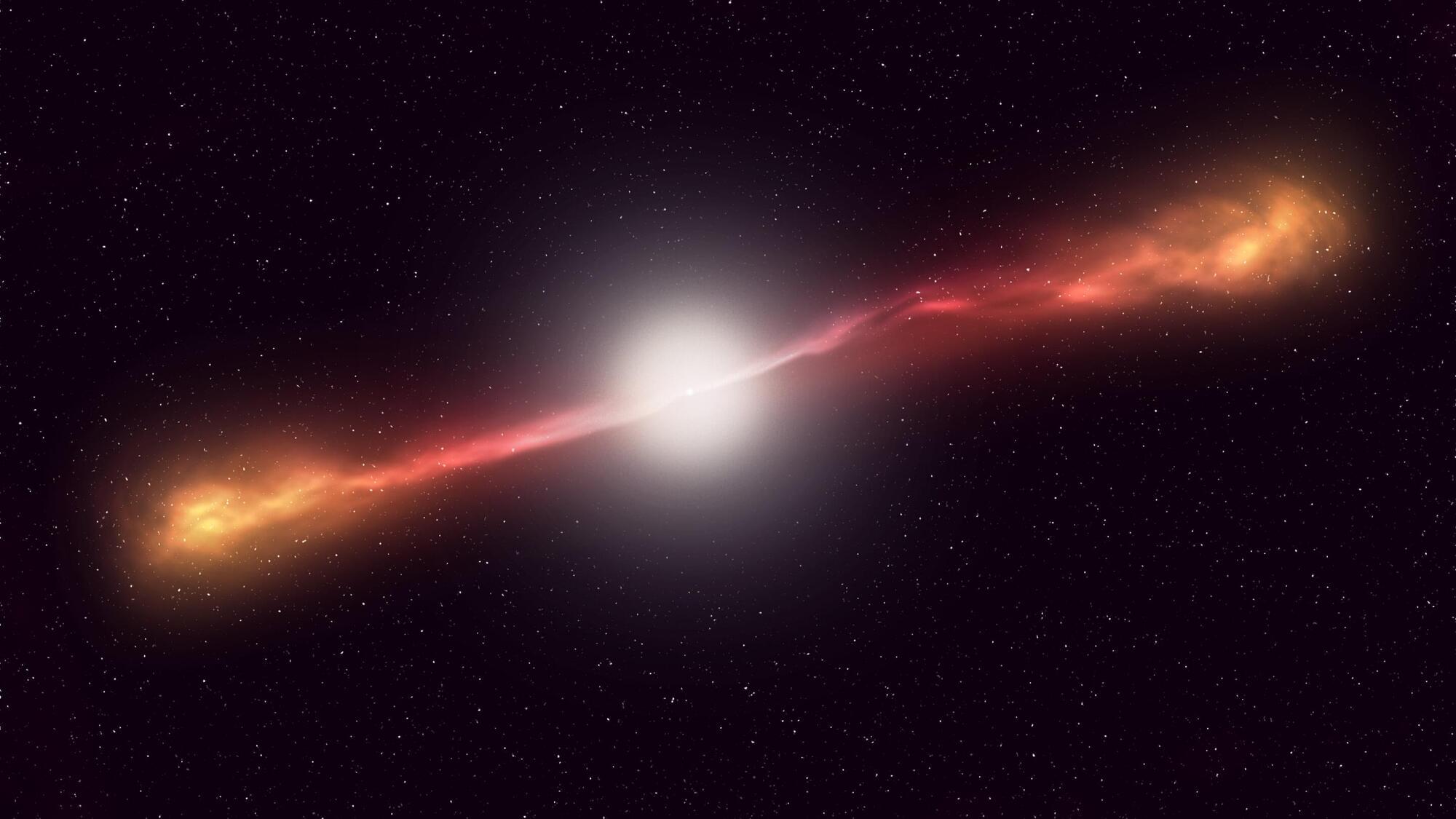Astronomers from the University of Hawaiʻi’s Institute for Astronomy (IfA) have discovered the most energetic cosmic explosions yet discovered, naming the new class of events “extreme nuclear transients” (ENTs). These extraordinary phenomena occur when massive stars—at least three times heavier than our sun—are torn apart after wandering too close to a supermassive black hole. Their disruption releases vast amounts of energy visible across enormous distances.
The team’s findings appear in the journal Science Advances.
“We’ve observed stars getting ripped apart as tidal disruption events for over a decade, but these ENTs are different beasts, reaching brightnesses nearly ten times more than what we typically see,” said Jason Hinkle, who led the study as the final piece of his doctoral research at IfA. “Not only are ENTs far brighter than normal tidal disruption events, but they remain luminous for years, far surpassing the energy output of even the brightest known supernova explosions.”
